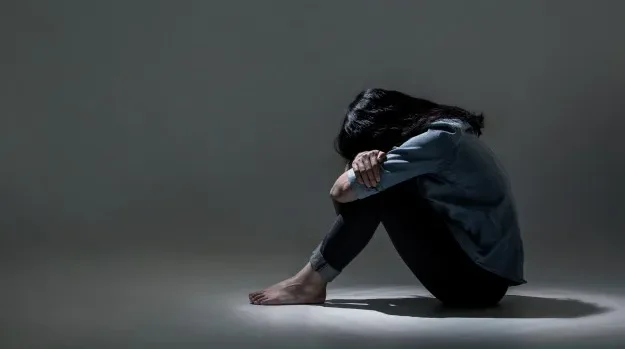Understanding The Complexities Of Mental Health And Finding Hope For Recovery
Depression, a mental health condition affecting millions worldwide, remains shrouded in stigma and misinformation. Despite its prevalence, depression is often misunderstood, leaving those affected feeling isolated, ashamed, and helpless. It is crucial that we break the silence surrounding depression, educate ourselves and others, and foster a supportive community to encourage those suffering to seek help.
Depression is more than feeling sad or blue; it is a persistent and debilitating condition characterized by prolonged feelings of hopelessness and despair, loss of interest in activities once enjoyed, changes in appetite, sleep patterns, and energy levels, difficulty concentrating, and physical symptoms like headaches and pain. These symptoms can vary in severity and impact daily life, making everyday tasks feel insurmountable.
The statistics surrounding depression are alarming. One in four individuals will experience depression in their lifetime, with over 300 million people worldwide living with this condition. Depression is the leading cause of disability globally, affecting people of all ages, backgrounds, and socioeconomic statuses. Despite its widespread impact, depression remains stigmatized, preventing many from seeking the help they desperately need.
The struggle with depression is real, and it’s not something to “snap out of.” Those affected often feel trapped, unable to escape the darkness that surrounds them. However, recovery is possible. Effective treatments, including medication, therapy, lifestyle changes, and support groups, can help manage symptoms and improve quality of life.
Breaking the stigma surrounding depression requires a multifaceted approach. Educating ourselves and others about depression, its symptoms, and its treatment options is crucial. Sharing personal stories and experiences can help normalize the conversation, encouraging others to speak openly about their struggles. Supporting loved ones with depression requires empathy, understanding, and patience.
Fortunately, resources are available to help those struggling with depression. Organizations like the National Alliance on Mental Illness (NAMI) and the Crisis Text Line offer confidential support and guidance. Local mental health services and support groups provide a safe space for individuals to share their experiences and connect with others.
In conclusion, depression is a treatable medical condition that requires compassion, understanding, and support. By breaking the silence surrounding depression, we can encourage those suffering to seek help, educate ourselves and others, and foster a supportive community. Remember, you are not alone. Take the first step, reach out, and shine a light on depression.



